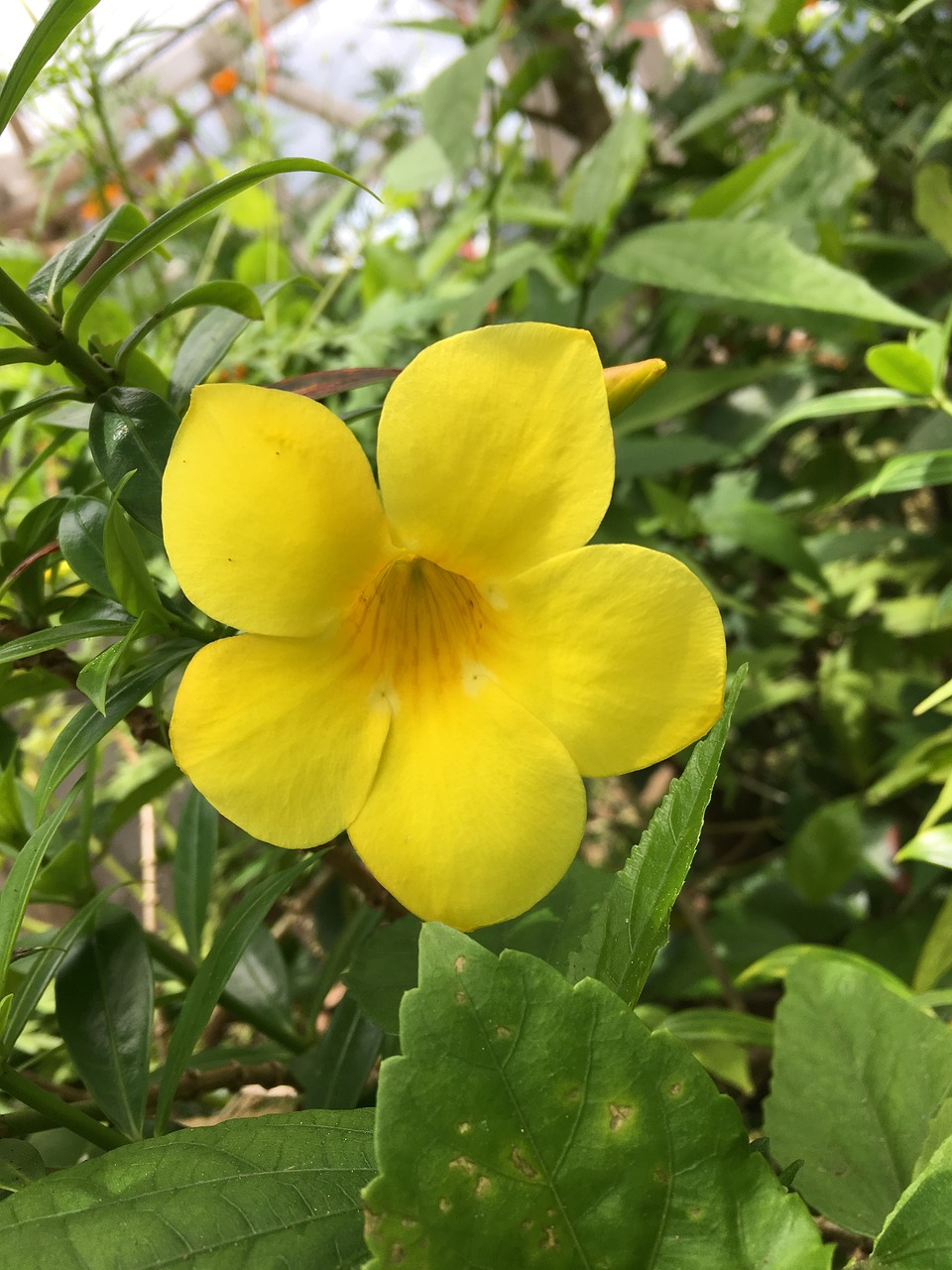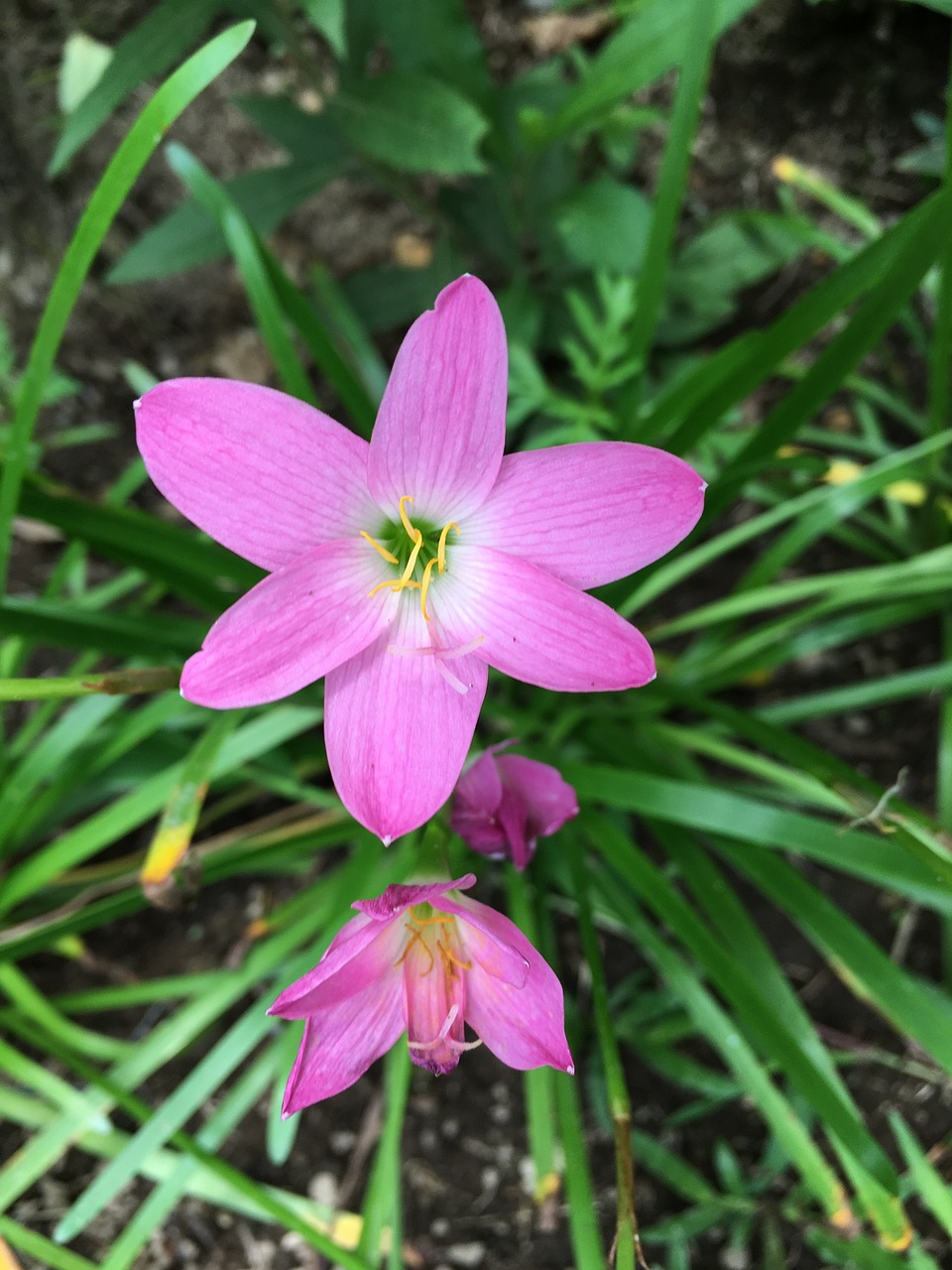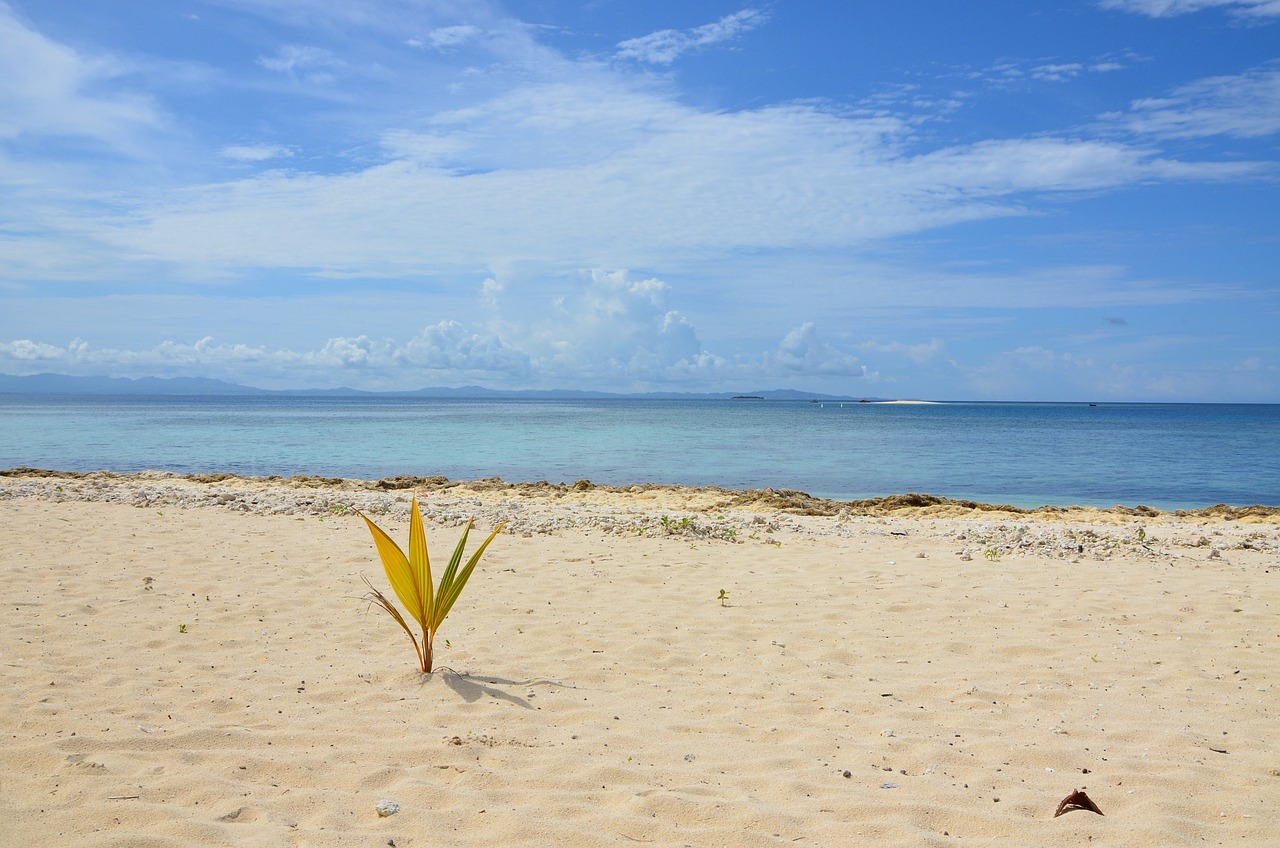Exploring Local Arts and Hobbies in Fiji
Fiji, a beautiful island nation located in the South Pacific, offers a rich cultural heritage and diverse range of arts and hobbies to explore. From traditional crafts to modern artistic expressions, Fiji has something to offer to every art enthusiast. In this article, we will delve into various aspects of local arts and hobbies in Fiji, providing you with detailed information on where to find them and what to expect. So, let’s embark on a journey to discover the vibrant arts and hobbies scene in Fiji.
Fijian Wood Carvings
Fijian wood carvings are renowned for their intricate designs and craftsmanship. The art of wood carving has been passed down through generations in Fiji and plays a significant role in their cultural heritage. Local artisans use a variety of tropical hardwoods to create stunning sculptures, masks, and other decorative items. These carvings often depict mythological figures, animals, and traditional symbols. You can find Fijian wood carvings in specialty shops, local markets, and even at some resorts. They make for unique souvenirs and beautiful additions to any home decor.
- Traditional Masks: Fijian masks are an integral part of their cultural ceremonies and rituals. These masks are intricately carved and often represent ancestral spirits or deities. They are believed to possess spiritual powers and are used in dances and performances.
- Decorative Sculptures: Fijian artisans also create exquisite sculptures that showcase their skill and creativity. These sculptures range from small figurines to larger pieces that can be displayed as centerpieces or focal points in a room.
- Contemporary Woodwork: In addition to traditional carvings, Fiji has seen a rise in contemporary woodwork that combines traditional techniques with modern designs. These unique pieces reflect the fusion of old and new, creating a fresh perspective on Fijian art.
Fiji is home to various traditional arts and crafts villages where you can witness the process of wood carving and even try your hand at it. These villages offer guided tours and workshops where you can learn about the significance of different carvings and their cultural importance.
When purchasing Fijian wood carvings, it’s important to ensure that they are made from sustainable and legally sourced wood. Look for certifications or recommendations from reputable sources to support responsible and ethical craftsmanship.
Fijian Weaving
Fijian weaving is another traditional craft that showcases the island’s rich cultural heritage. Skilled weavers use natural materials such as pandanus leaves, coconut fronds, and barks to create beautiful mats, baskets, hats, and other woven items. Weaving is not only a form of artistic expression but also an important part of Fijian daily life. Many households still rely on woven items for practical purposes.
- Pandanus Mats: Pandanus mats, known as “mats of prestige,” are highly valued in Fijian culture. These mats are woven using intricate patterns and are often used during special occasions and ceremonies. They are considered a symbol of wealth and status.
- Baskets and Bags: Fijian weavers also create baskets and bags using different weaving techniques. These items are not only functional but also make for unique and eco-friendly alternatives to plastic bags.
- Contemporary Weaving: Similar to wood carving, Fijian weaving has also evolved to incorporate contemporary designs and styles. Some artisans experiment with new materials and techniques, creating innovative pieces that blend tradition with modernity.
You can find Fijian weaving workshops and demonstrations in various villages and cultural centers across the islands. These experiences allow you to learn about the different weaving techniques and patterns while supporting local artisans.
When purchasing woven items in Fiji, look for high-quality craftsmanship and attention to detail. Supporting local weavers helps preserve this traditional craft and provides sustainable livelihoods for the artisans.
Fijian Pottery
Fijian pottery is a lesser-known art form in the country but still holds its own unique charm. Local potters create beautiful ceramic pieces using traditional techniques passed down through generations. The pottery often features intricate patterns and designs inspired by Fijian culture and nature.
- Ceramic Vessels: Fijian pottery includes a wide range of ceramic vessels such as bowls, plates, vases, and decorative items. These pieces are handcrafted with precision and care, making each one a unique work of art.
- Traditional Designs: Fijian pottery often incorporates traditional motifs and symbols, such as fish, turtles, and geometric patterns. These designs reflect the connection between Fijians and their natural surroundings.
- Modern Pottery: Some Fijian potters also experiment with contemporary designs, incorporating modern elements into their work. These pieces offer a fresh take on Fijian pottery and showcase the artists’ creativity.
While pottery may not be as widely available as wood carvings and woven items, you can find pottery studios and workshops in some parts of Fiji. These places offer a glimpse into the pottery-making process and allow you to purchase one-of-a-kind pieces directly from the artists.
When buying Fijian pottery, look for pieces that are well-fired and have a smooth finish. Each piece should come with a story or explanation from the artist, adding to its cultural significance.
Fiji Image 1:

Fijian Music and Dance
Fijian music and dance play a vital role in the cultural fabric of the country. Traditional dances and songs are deeply rooted in Fijian history and are performed during various ceremonies and celebrations. The rhythmic beats and melodic tunes evoke a sense of joy and celebration.
- Meke Dance: The Meke dance is one of the most popular traditional dances in Fiji. It combines graceful movements with energetic rhythms, showcasing the strength and agility of the performers. The dancers wear vibrant costumes adorned with traditional motifs.
- Lali Drums: Lali drums are an integral part of Fijian music. These large wooden drums are played during important events and ceremonies, adding a powerful and rhythmic element to the performances.
- Contemporary Music: While traditional music holds a special place in Fijian culture, the country also has a thriving contemporary music scene. Fijian musicians blend traditional melodies with modern genres, creating a unique and vibrant sound.
Many resorts and cultural centers in Fiji organize cultural shows where you can witness mesmerizing performances of traditional Fijian music and dance. These shows provide a glimpse into the rich cultural heritage of the islands.
If you’re interested in learning Fijian music and dance, some cultural centers offer workshops and classes where you can learn the basics of traditional dances and try your hand at playing the Lali drums.
Fijian Cuisine
Exploring local arts and hobbies in Fiji wouldn’t be complete without indulging in the country’s delicious cuisine. Fijian food is a fusion of flavors influenced by the indigenous culture, Indian, Chinese, and European cuisines. From fresh seafood to tropical fruits, Fijian cuisine offers a diverse range of dishes to tantalize your taste buds.
- Kokoda: Kokoda is a traditional Fijian dish made with raw fish marinated in lemon or lime juice, coconut milk, and various spices. It is often served as an appetizer and is a must-try for seafood lovers.
- Lovo: Lovo is a traditional Fijian cooking method where food is wrapped in banana leaves and cooked in an underground oven. This slow-cooking process infuses the food with a smoky flavor, resulting in tender and flavorful dishes.
- Indian-Influenced Cuisine: Due to the large Indian population in Fiji, Indian cuisine has become an integral part of Fijian culinary culture. You can find delicious curries, roti, and other Indian-inspired dishes throughout the islands.
Fijian cuisine is best experienced through local food markets and restaurants. These places offer an authentic taste of traditional dishes prepared by skilled cooks who know the secrets of Fijian flavors.
While in Fiji, don’t miss the opportunity to attend a traditional Fijian feast called “Lovo Night.” These feasts are organized by resorts and cultural centers and allow you to savor a wide variety of traditional dishes.
Fiji Image 2:

Fijian Traditional Games
Traditional Fijian games provide a glimpse into the playful side of Fijian culture and offer a fun way to immerse yourself in the local traditions. These games are often played during festive occasions and bring people together in a spirit of camaraderie.
- Takraw: Takraw is a traditional Fijian ball game that combines elements of soccer, volleyball, and gymnastics. Players use their feet, knees, chest, and head to keep the ball in the air, showcasing their agility and coordination.
- Coconut Bowling: Coconut bowling is a popular game in Fiji, especially during festivals and beach gatherings. It involves rolling a coconut towards a set of pins, similar to traditional bowling, but with a tropical twist.
- Tag Rugby: While not strictly traditional, tag rugby has gained popularity in Fiji as a recreational sport. It combines elements of rugby and tag, providing a fun and inclusive way to stay active and engage with others.
If you’re interested in trying out traditional Fijian games, some resorts and cultural centers organize friendly matches and demonstrations where you can learn the rules and play alongside locals.
Participating in traditional Fijian games is a great way to connect with the local community and experience the joy and laughter that these games bring.
Fijian Floral Arrangements
Fijians have a deep appreciation for nature, and this is reflected in their floral arrangements. Traditional Fijian floral arrangements are often used during ceremonies, weddings, and other special occasions. These arrangements feature vibrant tropical flowers and foliage, creating a visually stunning display.
- Flower Crowns: Flower crowns, known as “salusalu,” are a traditional accessory in Fiji. They are made by stringing together various flowers and leaves, creating a beautiful and fragrant headpiece.
- Table Centerpieces: Floral centerpieces are commonly used to adorn dining tables during special events. These arrangements often incorporate local flowers such as hibiscus, frangipani, and orchids.
- Contemporary Floral Designs: Fijian floral arrangements have evolved to include contemporary designs that cater to modern tastes. Some florists experiment with unique combinations of flowers and foliage, creating stunning arrangements.
Many resorts and cultural centers offer flower arranging workshops where you can learn the art of creating traditional Fijian floral arrangements. These workshops provide insight into the significance of different flowers and their cultural symbolism.
When visiting Fiji, you can also explore botanical gardens and nurseries that showcase a wide variety of tropical plants and flowers. These places offer a tranquil setting to appreciate the natural beauty of the islands.
Fiji Image 3:

Fijian Tattoos
Fijian tattoos, also known as “tatau,” have a long-standing tradition in Fijian culture. These tattoos are deeply symbolic and often represent personal achievements, social status, and spiritual beliefs. Fijian tattooing techniques have been passed down through generations, and today, they continue to be a significant form of artistic expression.
- Traditional Symbols: Fijian tattoos feature a variety of traditional symbols and motifs, such as ocean waves, tribal patterns, and animal representations. Each design holds a specific meaning and tells a story.
- Modern Tattoo Artistry: While traditional Fijian tattoos remain popular, the art of tattooing in Fiji has also embraced modern styles and techniques. Many tattoo studios in Fiji offer a wide range of tattoo designs, from traditional to contemporary.
If you’re interested in getting a Fijian tattoo, it’s essential to find a skilled and reputable tattoo artist who understands the cultural significance behind the designs. They can guide you in selecting a design that resonates with your story and intentions.
Fijian Language and Culture
To fully appreciate and engage with the local arts and hobbies in Fiji, it’s beneficial to learn a few words and phrases in the Fijian language. Fijians appreciate visitors who make an effort to connect with their culture and language, and it can enhance your overall experience.
- Basic Greetings: Learning simple greetings like “Bula” (hello) and “Vinaka” (thank you) can go a long way in establishing a friendly connection with the locals.
- Cultural Etiquette: Familiarizing yourself with Fijian cultural etiquette can help you navigate social interactions with respect and sensitivity. For example, it’s customary to remove your shoes before entering someone’s home or a sacred space.
- Traditional Ceremonies: Attending traditional ceremonies, such as a kava ceremony, provides a unique opportunity to witness age-old customs and rituals. These ceremonies are often accompanied by traditional music, dance, and storytelling.
There are various language schools and cultural centers in Fiji that offer Fijian language classes. These classes provide an immersive learning experience and give you a deeper understanding of Fijian culture.
Engaging in conversations with locals and participating in cultural activities allows you to gain insights into the Fijian way of life and foster meaningful connections.
Conclusion
Exploring local arts and hobbies in Fiji is a captivating experience that allows you to immerse yourself in the vibrant culture and traditions of the island nation. From wood carvings and weaving to pottery and music, Fiji offers a diverse range of artistic expressions that reflect its rich heritage. By engaging with local artisans, attending cultural shows, and trying traditional games and cuisine, you can gain a deeper appreciation for the unique arts and hobbies of Fiji. So, pack your bags and embark on a journey of discovery in this tropical paradise.
References
– fiji.travel
– fijivillage.com
– tourismfiji.com
– fijisun.com.fj
– fijitimes.com

